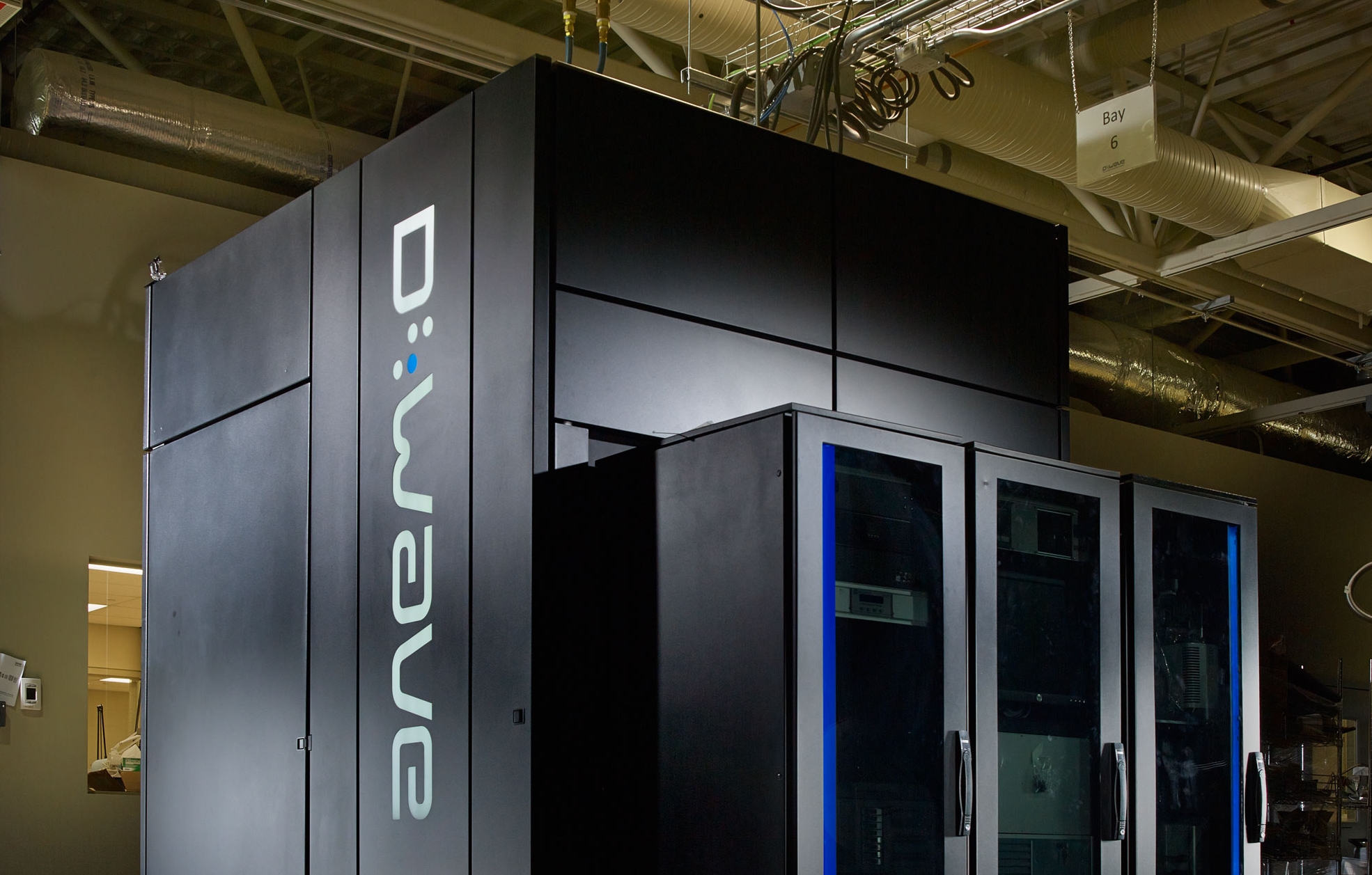 NEWS
NEWS
 NEWS
NEWS
 NEWS
NEWS
Researchers from NASA and Google’s AI labs have published what they claim is proof that its controversial D-Wave quantum computer actually works.
The dream of building a quantum computer is one that’s been chased by numerous governments and leading technology companies, including IBM and Microsoft, for years. They believe that by using the weirdness of quantum mechanics to represent data, it should be possible to build data-crunching computers hundreds of times more powerful than any computer that exists today. Quantum computing could lead to massive leaps in areas artificial intelligence and materials science. NASA for one, said it hopes to use quantum computers to do everything from scheduling rocket launches to simulating future spacecraft missions into the solar system and beyond.
“It is a truly disruptive technology that could change how we do everything,” said Deepak Biswas, director of exploration technology at NASA’s Ames Research Center in Mountain View, California, to MIT Technology Review.
Google purchased its D-Wave quantum computer back in 2013. The machine, which is said to be “the world’s first commercial quantum computer”, is housed at NASA’s Ames Research Center in Mountain View. Google has spent the last two years coding the hardware to tackle the kinds of optimization problems quantum computers are best suited for, and in theory D-Wave should be able to do these kinds of computations 3,600 times faster than the most powerful supercomputer.
Quantum computers can do so thanks to a quirk in quantum mechanics. Whereas regular computers use bits in 0 or 1, their superior cousins use what’s called “qubits”, which exist in 0s, 1s and a superposition of 2. What this means is they can compute things much more quickly. However, the D-Wave computer has attracted a lot of controversy, with many researchers claiming that its chips are unable to utilize true quantum effects.
Now though, Google is claiming that its D-Wave really can use quantum powers to solve computational problems at lightning speed. Google’s researchers, along with experts from NASA, say they carried out a series of tests pitting D-Wave against a standard computer to see which was faster at solving optimization problems known as annealing.
The standard computer relies on a technique called simulate annealing to solve the problems, whereas D-Wave uses a technique called “quantum annealing”. Here’s what happened, according to Google:
“We found that for problem instances involving nearly 1000 binary variables, quantum annealing significantly outperforms its classical counterpart, simulated annealing. It is more than 10^8 times faster than simulated annealing running on a single core. We also compared the quantum hardware to another algorithm called Quantum Monte Carlo. This is a method designed to emulate the behavior of quantum systems, but it runs on conventional processors. While the scaling with size between these two methods is comparable, they are again separated by a large factor sometimes as high as 10^8.”
So Google is claiming that D-Wave completed the task 100 million times faster than its non-quantum cousin.
That doesn’t mean we’re about to enter the dawn of a new era of computing just yet though. For one thing, Google’s research hasn’t been peer-reviewed, and second, as Technology Review notes, the standard computer wasn’t running the most efficient algorithm it could’ve used to solve the problem. Rather, it was using an algorithmically similar technique to the one being run on D-Wave, but Technology Review says it could have completed its calculations much faster using an alternative approach.
Support our mission to keep content open and free by engaging with theCUBE community. Join theCUBE’s Alumni Trust Network, where technology leaders connect, share intelligence and create opportunities.
Founded by tech visionaries John Furrier and Dave Vellante, SiliconANGLE Media has built a dynamic ecosystem of industry-leading digital media brands that reach 15+ million elite tech professionals. Our new proprietary theCUBE AI Video Cloud is breaking ground in audience interaction, leveraging theCUBEai.com neural network to help technology companies make data-driven decisions and stay at the forefront of industry conversations.